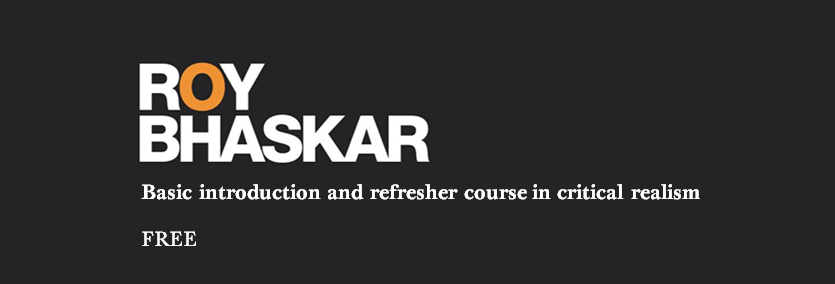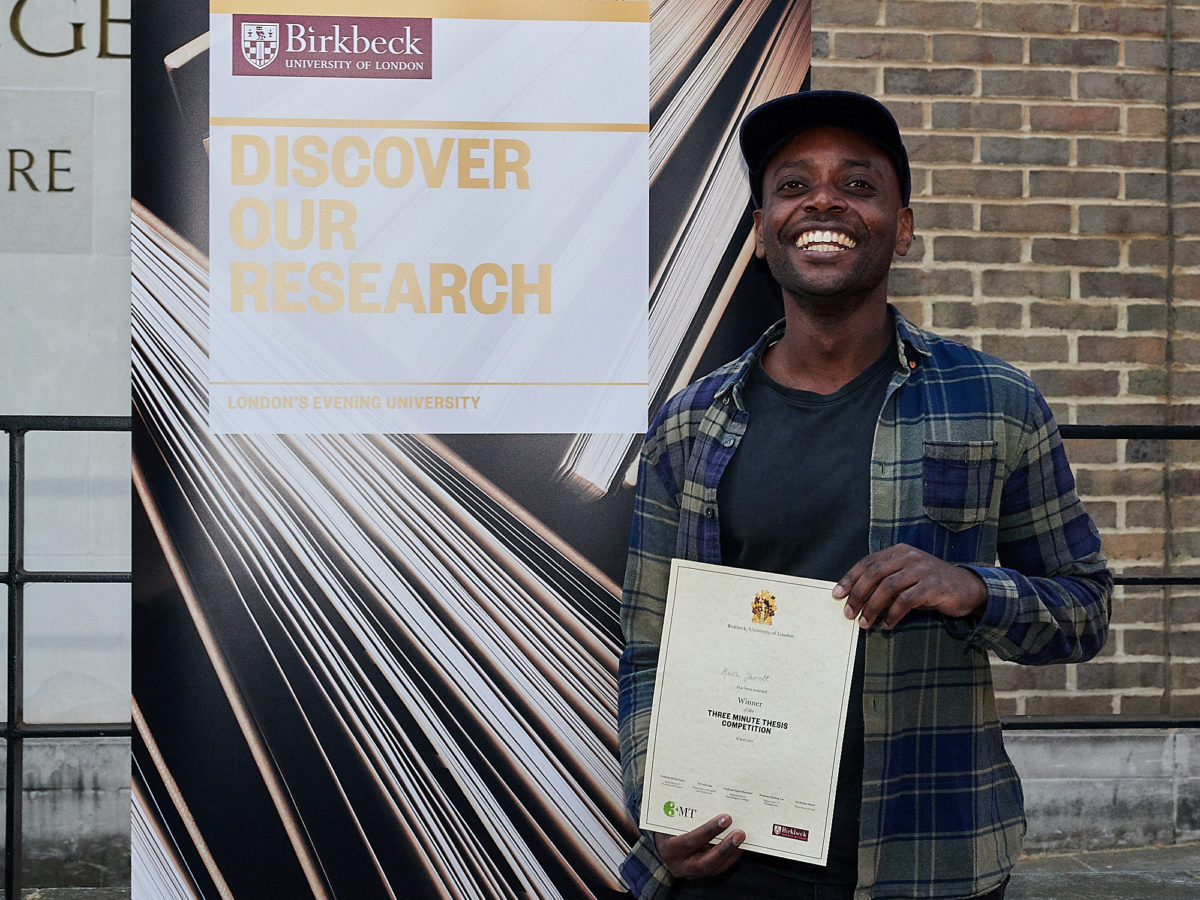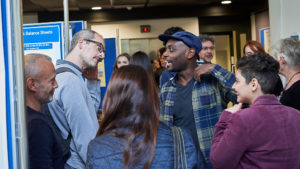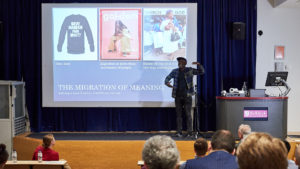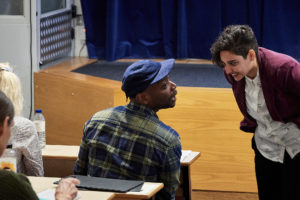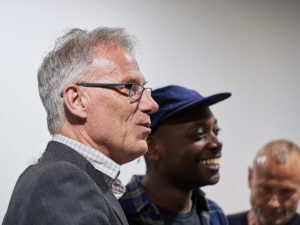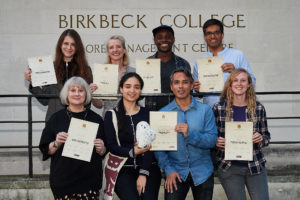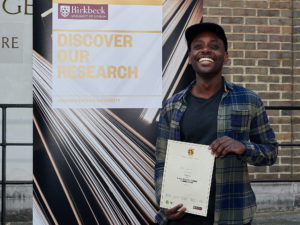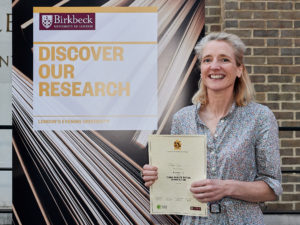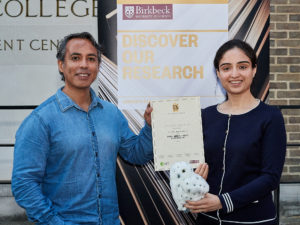The following CHASE Career and Professional development training opportunities are available to all Arts and Humanities PhD students at Birkbeck (regardless of whether you are funded by the AHRC/ CHASE).
Further details about each of the sessions below, and information about how to register, is available here.
From Field to Page: Core Skills in the Medical Humanities
Thursday 5 July & Thursday 8 November
Birkbeck, University of London
From Field to Page is two training days, which map the core skills required of medical humanities doctoral research and support doctoral researchers as they undertake their projects.
Medical humanities continues to emerge as a live and transforming field of enquiry. The core work of this field seeks to explore and critique biomedical science and its histories through the various critical frameworks of the humanities disciplines. Medical humanities research presents scholars with the particular challenges of transdisciplinary research undertaken across the radically different domains of medicine and the humanities’ academic disciplines. Across the CHASE institutions there is a diverse cohort of medical humanities doctoral researchers that incorporates students from both clinical and non-clinical, humanities backgrounds. As such the cohort represents a broad range of skills-sets, work, academic and training experiences, and previous exposure to the critical methods central to the humanities disciplines. Clinicians come into the field of research with substantial situated knowledge of the real-life settings and practices of medicine and surgery but often with the need to acquire, through training the requisite skills of critical thinking and writing.
Conversely, non-clinicians and humanities’ scholars are much better versed in critical practice and inquiry, but lack the grounded, lived experience of clinical practice. The range of research projects undertaken in the field is markedly diverse, ranging from practice-led (examining the nature of clinical practice), to practice-based (using clinical practice as research), to purely analytic (discursive analysis) modes of inquiry but all undertake to situate medicine, disease, patient experience, clinical practice and medical education within socio-cultural and/or historical contexts in such a way that critical analysis and discursive understandings may be produced. The aims of medical humanities theses may, or may not, have the avowed intention of contributing to the practical fields of clinical practice, delivery of healthcare or medical education. All medical humanities theses must adhere to the core methodologies and practices of the humanities disciplines and this means that critical thinking and writing skills are key requirements of the medical humanities doctorate.
Find out more and register here
—
Getting Ready for Submission: Editing, Strengthening & Polishing Your Thesis
3-5 August | Cumberland Lodge, Windsor
Accommodation and dinner is provided on Friday evening, but the workshop starts at 10am on Saturday. Attendees are welcome to arrive from 6pm on Friday.
Are you close to a full draft of your thesis? Does it resemble a baggy monster that needs taming? If so, this two-day residential workshop is for you. Through activities and tutorials, you’ll learn techniques for getting your thesis into shape. By the end of the weekend, you’ll have a perfectly polished chapter and a clear strategy for tackling the rest of your thesis.
—
The Viva and Beyond: Planning, Preparation & Performance
5-7 October | Cumberland Lodge, Windsor
Accommodation and dinner is provided on Friday evening, but the workshop starts at 10am on Saturday. Attendees are welcome to arrive from 6pm on Friday.
Have you submitted your thesis, or are you close to completion? This two-day workshop is designed to guide you through the process of preparing for your viva and to help you plan what happens post-PhD.
Through activities, discussion, and short training sessions on Day One, you’ll learn lots of techniques for successfully defending your thesis. We’ll also stage some mock vivas to get you used to the format in a supportive environment.
Day Two is all about what happens next. We’ll explore the jobs market and use some strategies for working out what career you’d like to pursue. The final session is dedicated to turning your thesis into a publication. We’ll look at the options, what’s involved, and also draft a book proposal.


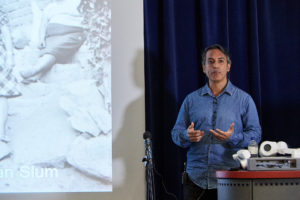
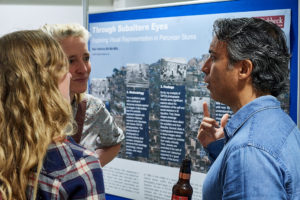
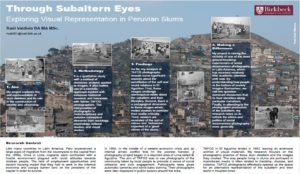
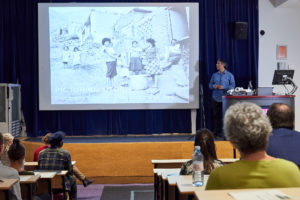
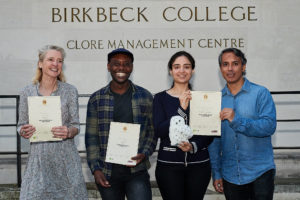

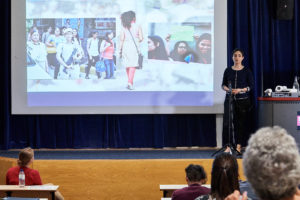
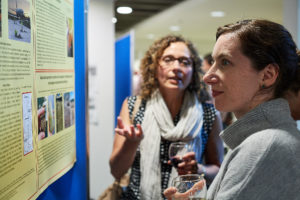
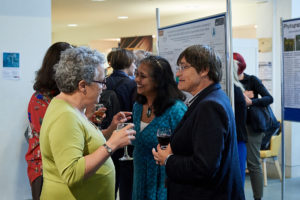
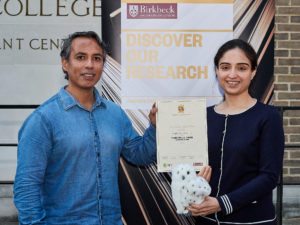

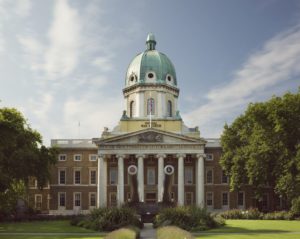
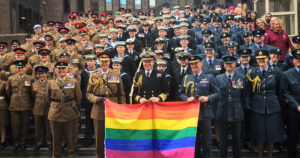

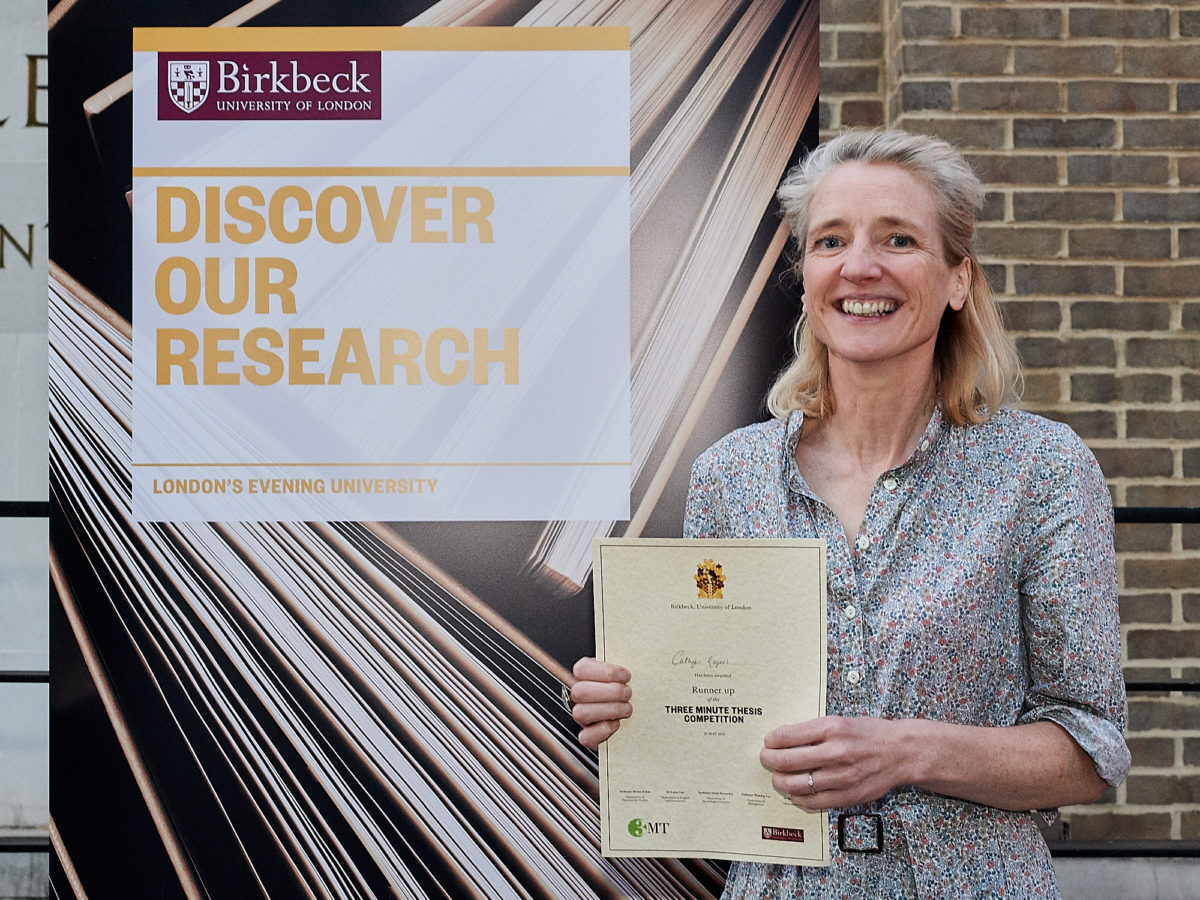
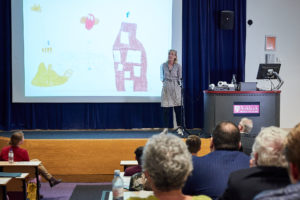

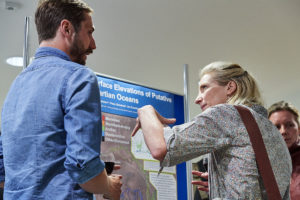
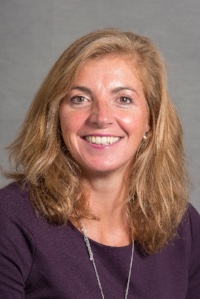 Clare Elwell is a Professor of Medical Physics in the Department of Medical Physics and Biomedical Engineering at UCL, and Visiting Professor at the Centre for Brain and Cognitive Development, Birkbeck, University of London. She is Director of the Near Infrared Spectroscopy Research Group in the Biomedical Optics Research Laboratory at UCL and develops novel optical systems for monitoring and imaging the human body. Her research projects include studies of acute brain injury in adults, children and infants, autism, migraine, malaria and sports performance.
Clare Elwell is a Professor of Medical Physics in the Department of Medical Physics and Biomedical Engineering at UCL, and Visiting Professor at the Centre for Brain and Cognitive Development, Birkbeck, University of London. She is Director of the Near Infrared Spectroscopy Research Group in the Biomedical Optics Research Laboratory at UCL and develops novel optical systems for monitoring and imaging the human body. Her research projects include studies of acute brain injury in adults, children and infants, autism, migraine, malaria and sports performance.